View the content of this page
Two-Day Master Class Transitioning ML Workflows from Academia to Practice (VAIA)
General concept
2 day training in English
This foundational course offers an in-depth exploration of the lifecycle of machine learning model development and deployment. Participants will gain insights into transitioning models from academic research to practical applications, emphasising the importance of anticipating real-world scenarios when deploying machine learning models. The course covers strategies for ensuring scalability and efficiency and concludes with techniques for adapting models for edge devices to facilitate real-time processing. Throughout the course, attendees will develop practical skills and knowledge crucial for smoothly navigating these transitions, preparing them for a variety of real-world challenges.

Objectives
- Recognize the challenges of transitioning machine learning from academia to real-world deployment.
- Understand TinyML fundamentals and their application in edge devices like Raspberry Pi.
- Introduction to containerization with Docker
- Monitor and ensure the efficiency of deployed machine learning models in practical scenarios.
Target audience
- Msc, Bsc, PhD students and researchers interested in deploy ML models in real scenarios after testing in academic environmental.
Required skills
- A foundational understanding of machine learning concepts (i.e. algorithms, artificial neural networks, deployment among others).
- Familiarity with at least one programming language, preferably Python.
- A laptop/computer with internet connectivity for hands-on sessions.
Partners

Program
Schedule day 1 : 26th of February '24
Schedule day 1 : 26th of February '24
9:00: Overview of academic machine learning versus real-world deployment.
dr. Dirk Valkenborg - UHasselt
10:30: Break
10:45: Mapping the gaps in order to deploy the machine learning models
dr. Gökhan Ertaylan - VITO
12:15: Lunch break
13:15: Possibilities of the use of Vlaams Supercomputer Centrum in machine learning models
dr. Kenneth Hoste en dr. Lara Peeters - UGhent
14:45: Break
15:00: What is important in order to deploy the models in edge devices
dr. Peter Karsmakers - KU Leuven
16:30: Q&A and DAY 1 conclusion
Schedule day 2 : 27th of February '24
Schedule day 2 : 27th of February '24
9:00: Tiny machine learning (TinyML) overview
dr. Ing. Sam Leroux - Ghent University
10:30: Break
10:45: Model optimization for deployment
dr. Ing. Sam Leroux - Ghent University
12:15: Lunch break
13:15: Introduction to containerization with Docker
dr. Bruna Piereck & Dr. Alexander Botzki
14:45: Break
15:00: Hands-on Session: Docker for machine learning
dr. Bruna Piereck & Dr. Alexander Botzki
16:30: Course conclusion, Q&A and feedback session
Registrations and grants
Tarifs:
- different rates/category :
- researchers : 200 €/day excl. TVA. or 242 €/day incl. TVA.
- students-PhD-students : 50 €/day or 60,50 €/day incl. TVA.
- professionals : 400 €/day or 484 €/day incl. TVA.
Included:
- coffee and water at reception and breaks
- sandwiches and soft drinks as lunch
- handouts
Speakers
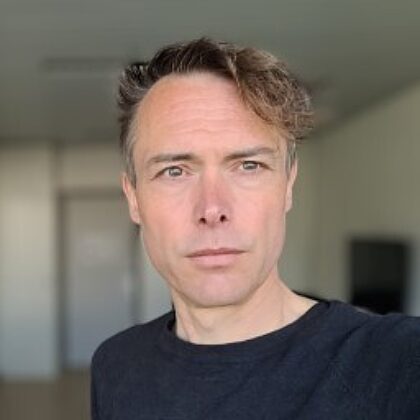
Dr. Dirk Valkenborg has an extensive academic and research background. He received his M.Sc. in Electrotechnical and Mathematical Engineering in 2004 from K.U.Leuven and his Ph.D. in Mathematics and Statistical Bioinformatics from the University of Hasselt in 2008, followed by an M.Sc. in Biostatistics in 2009. He worked as a postdoctoral researcher at K.U.Leuven and later joined VITO as a corporate scientist. He co-founded the Center for Proteomics at the University of Antwerp and focuses on statistical bioinformatics and data analysis in 'omics' research. Since 2015, he has been a professor at the University of Antwerp and is currently a professor in bioinformatics at Hasselt University, specializing in computational methodologies for 'omics' data analysis and data integrity.
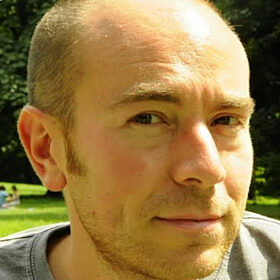
Dr. Gökhan Ertaylan is the Research Lead of the Digital Precision Health Group at VITO. He earned his MSc in Bioinformatics and Genomics from Utrecht University in 2006. He co-developed a personalized decision support system for HIV patients during his time at the University of Amsterdam and created the first HIV-human protein interaction network. After completing his PhD in Computational Systems Biology, he worked at the University of Luxembourg and Maastricht University. Currently, at VITO, he leads projects in health and disease transition analysis and teaches various subjects in biomedical and informatics fields. He also mentors PhD and postdoctoral researchers.
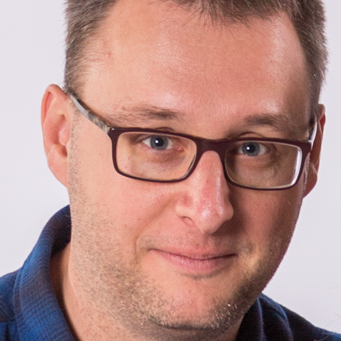
Dr Kenneth Hoste, holds a Masters (2005) and PhD (2010) in Computer Science from Ghent University (Belgium). His dissertation topic was "Analysis, Estimation and Optimization of Computer System Performance Using Machine Learning".
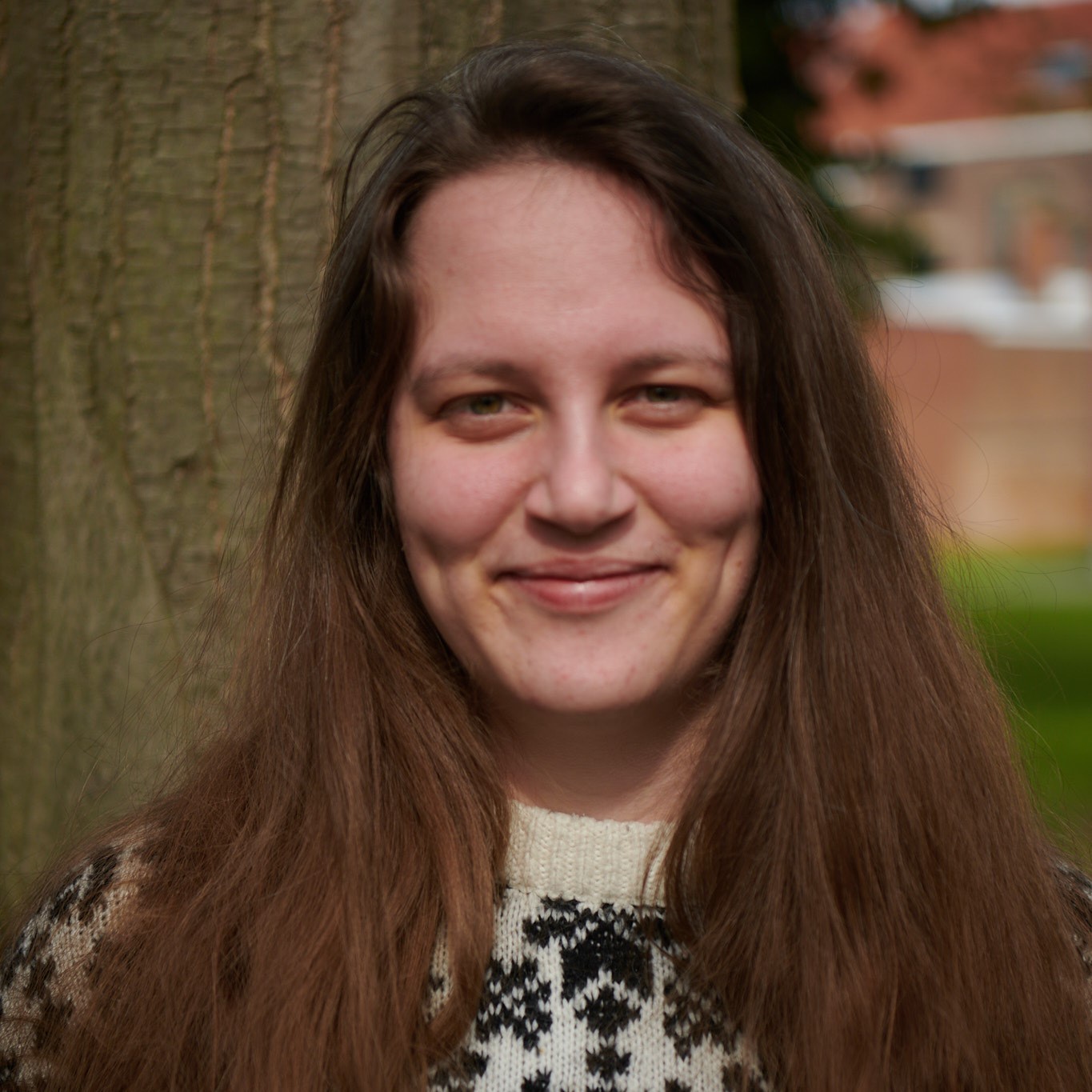
Since May 2023, she is a member of the HPC team at Ghent University (Belgium) where she was hired to work on the EESSI project (https://eessi.io), the European Environment for Scientific Software Installations, and the MultiXscale project (https://www.multixscale.eu), a EuroHPC JU Centre of Excellence in multiscale modelling.
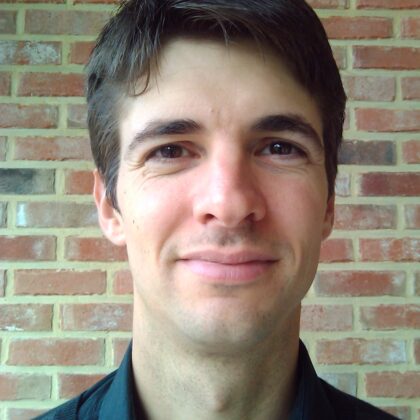
Dr. Peter Karsmakers received the M.Sc. degree in artificial intelligence in 2004 and the PhD degree from the Department of Electrical Engineering, KU Leuven, in 2010. From 2010 to 2013, he was a post-doctoral researcher in the MOBILAB research team from Thomas More. From 2013 to 2018, he worked as a post-doctoral researcher at KU Leuven where he co-founded the ADVISE research team. Currently, he is an Associate Professor within the Computer Science Department in the DTAI section at KU Leuven and is a member of the Leuven.AI institute. Since 2022, he is a PI of Flanders Make@KU Leuven. His research interests include designing machine learning algorithms that consider application-specific constraints. These can, for example, relate to the computing platform on which the machine learning algorithm will be deployed on, to the need of physical consistency between model variables, to the lack of data annotation or to other application related specifications. He worked on diverse projects, mostly in collaboration with industrial partners, that involve monitoring of both humans as machines using sensors such as microphones, accelerometers and radars.
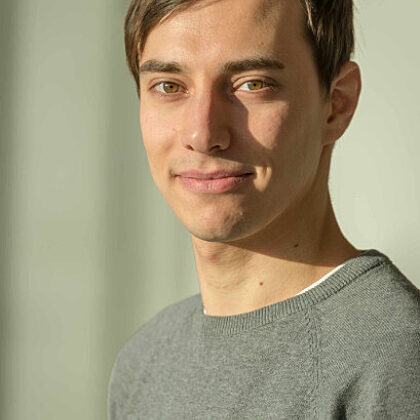
Dr. ing. Sam Leroux obtained a Master of Science degree in Information Engineering Technology summa cum laude from Ghent University, Belgium, in July 2014. In September of that year, he joined the Department of Information Technology at Ghent University. After obtaining his Ph.D in 2019, he is working as a postdoctoral researcher in the Distributed Machine Learning team at IDLab Ghent. His main research interests are energy efficient deep learning, edge computing and Tiny ML. Sam Leroux also teaches various courses in both the bachelor and master of Science in Information Engineering Technology programme.
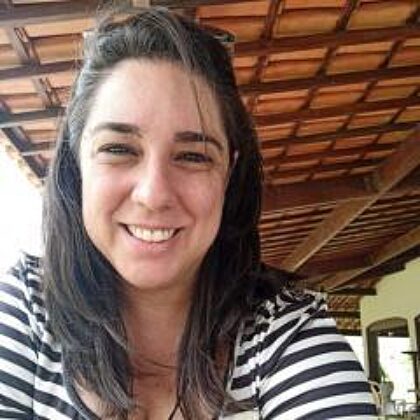
Dra. Bruna Piereck obtained a PhD in Molecular Genetics, with a focus on Bioinformatics from UFPE (Federal University of Pernambuco), Brazil, in September 2019. During her PhD, she had the chance to collaborate with the university of Luxembourg where she spent half a year, followed with a stay of another half a year at the McGill university in Quebec. Since March 2022, she joined the Technology Training team at VIB. Since her master’s degree, she has been involved in teaching various courses for bachelor, master and PhD students.
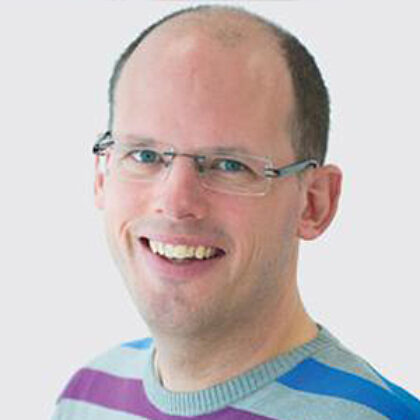
Dr. Alexander Botzki is heading the Technology training unit at VIB, the Flemish Institute of Biotechnology, Belgium. The main mission of this unit is providing technology training in domains of VIB Technologies, Bioinformatics & AI, Software Development, and Research Data Management. Between 2014 and 2022, he was head of the VIB Bioinformatics Core. From September 2009 to July 2014, he was responsible for the roll-out of E-Notebook (electronic lab notebook) to VIB's researchers within 75 research groups. Before joining VIB, Alexander worked on various computational biology projects for Algonomics (bought by Lonza, 2008-2009) and DevGen (now Syngenta, from 2006-2008). During Alexander's PostDoc at Sanofi Aventis in Strasbourg, he executed various virtual screening campaigns on the compound selection of the merged enterprise. He received his doctoral degree with the group of Prof. Dr. Armin Buschauer (University of Regensburg, Germany) on 'Structure-based design of hyaluronidase inhibitors'.
Location?
- Hasselt city campus in historical heritage: Old Prison of Hasselt.
- Easily accessible by train, bus, car ...
Questions?
UHasselt School of Expert Education

Subscribe
You can't register anymore.
By registering, you agree to the specific terms and conditions of UHasselt SEE (pdf, 90 KB)

